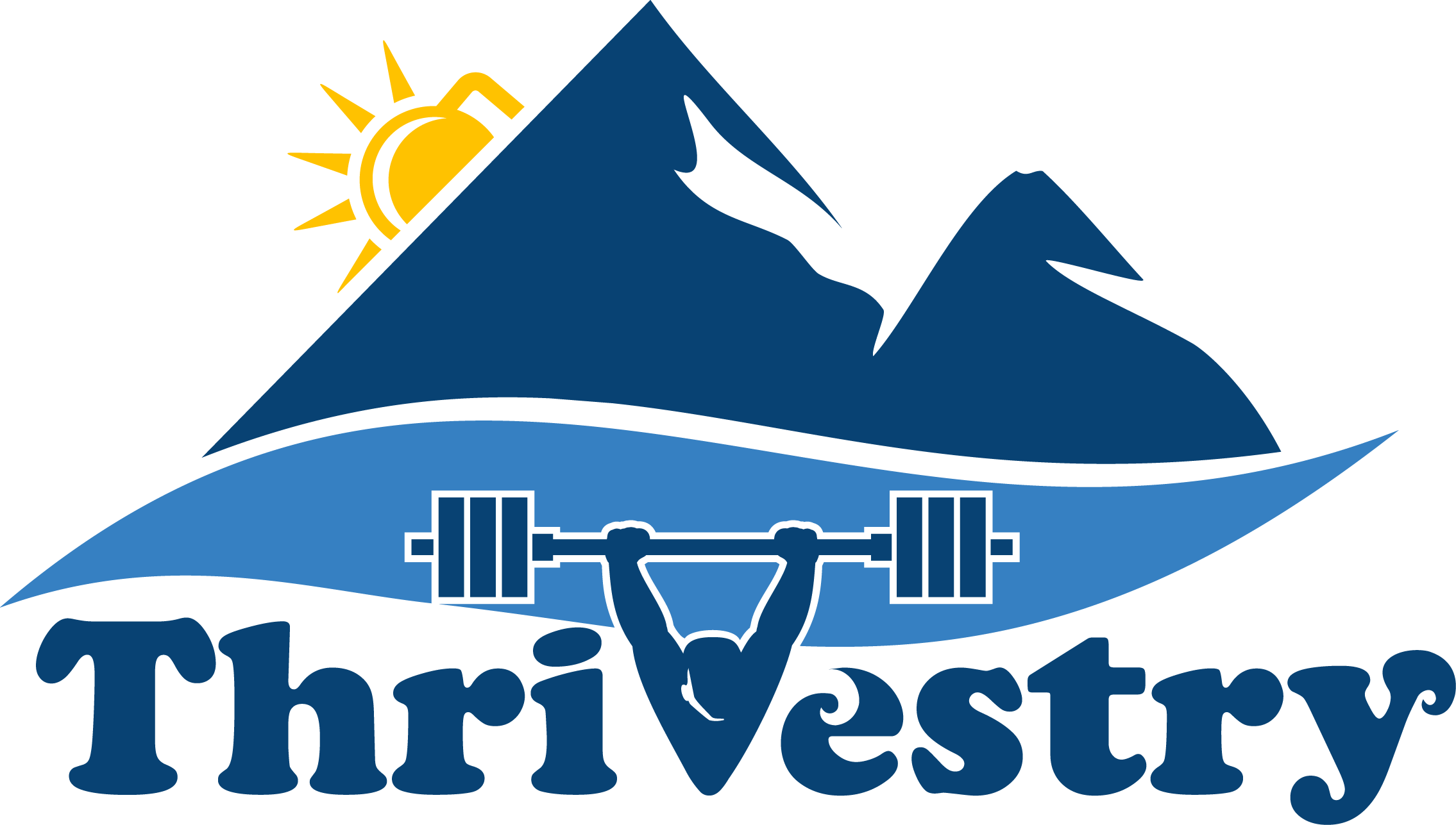Programming for Results or for Connection?
I was recently discussing programming with some other gym owners and I figured I'd share those thoughts here. The gist of it is that 'most' people shouldn't be asking "How can I make my programming better for results?" and they should be asking "How can I make my programming better for fostering relationships and connection?"
It takes a lot more time and energy, but it pays off in the long run.
It takes a lot more time and energy, but it pays off in the long run.
"I co-founded Diablo CrossFit in 2005 and have been programming 7 days a week since I 2006 or so, and now I do programming for dozens of gyms all over the world. We have many gym members who have been training with us 8+ years.
One of the most important things to remember is that the gym business is not the fitness business, it is the relationship business.
On the technical side, I have found that doing 6 week focuses for strength and skill development helps keep things interesting over the long haul. People are always making progress, coaches get to go into greater details with the skills over the 6 weeks, but also people don't get 'bored' because things change up often enough.
I also link back to every workout that we have done in the past so that people can look up their old scores and track their progress.
Another tip is to do what we call "Max Effort Testing and Year End Goal" testing days were people get to pick and choose things to work on (max pull ups, 400m run, max snatch, etc.). That way everyone gets to work on their own specific goals and have some accountability throughout the year (as well as be reminded why they are working so hard).
That said, programming your classes so that they foster human connection and relationships is key. Some of the things that I program into each day:
Context - What is the mindset for the day, how does this apply to the concept of "Mastery" and the lifelong pursuit of getting better.
Time for a circle question - A question that everyone in the class must answer. Something interesting and that tells a bit about the person so people get to know each other.
Fun warm up games - The tic-tac-toe thing floating around is great, but there are hundreds of things that get people moving, laughing, and even in physical contact with each other (more important than people realize).
Skill Practice Time: Programmed skill work (as in: it actually jives with what is happening that day, or week, in the WOD programming). It is important that people have time dabble, experiment, and practice, progressions with lots of coaching and interactions outside of tracking loads, times, and competition.
Fun names for the workouts: names that spark discussion and speculation. If you can link to videos or memes, even better.
Scaling Options that don't make people feel like failures: We use "Performance, Athletic, and Health" since using terms like "Novice" will make the 55 year old woman who will probably be in that category the rest of her life feel like she isn't making progress if she never moves past it. Similarly, using "men's" and "women's" Rx will make the men who are using "women's Rx" feel like they aren't men.
Scaling Guides: Telling people where they should be targeting the workouts so that they can feel good about being on the 'good' side of the range (and know when to scale up). I also shift the guide a bit so that most people are going to be on the 'good' side and that they leave the gym feeling good about themselves (rather than leaving the gym feeling like a failure).
Cash Outs: Occasional, optional, fun little mini workouts that people can do after class on their own that don't take any coaching and very little equipment (so there is less that might get left out). Team ones are a bonus for more interaction.
Ultimately, the absolutely most effective programs for getting people the best results in the safest way possible tend to be boring and lack the human connection piece.
It is more important to have programming that is going to keep people around for the long haul so they can get the benefits the rest of their lives. Classes that get people the results they want will keep them around for a year or two, but classes that are also fun and that foster community and interaction will keep people around for decades."
-jj

0 comments
Leave a comment